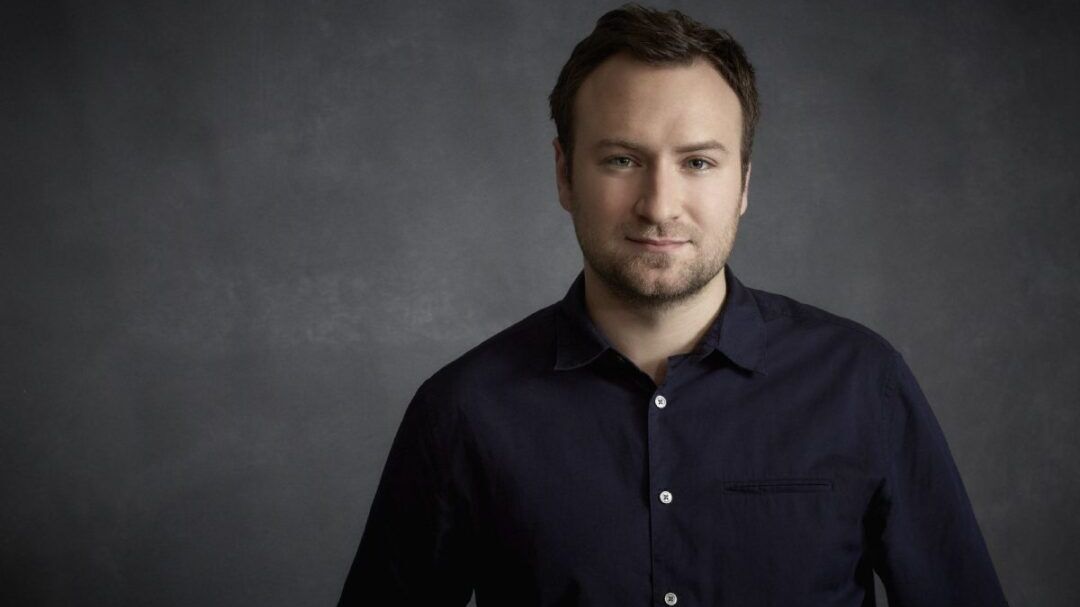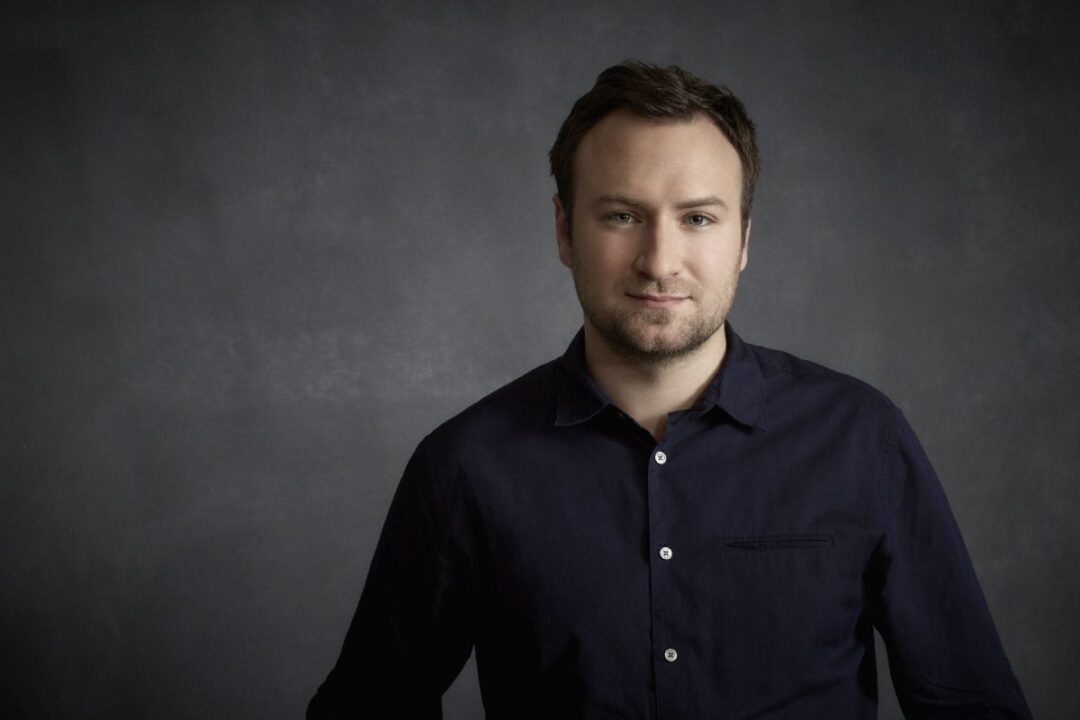It’s awesome getting an “Opening Day Announcement” in your inbox for one of your friend’s films. It’s even better when you get the chance to “professionally” talk to him about it. David Gelb made a name for himself after the 2011 release of his award-winning documentary Jiro Dreams of Sushi and ever since the film’s worldwide success, he has gone on to direct the thriller The Lazarus Effect and Netflix’s first original documentary series, Chef’s Table. Needless to say, he’s been a very busy guy. Doing what he does best, Gelb uses his signature cinematic style to make a fascinating film about the Ford Mustang, it’s 50th Anniversary redesign and the rarely talked about manufacturing process that takes cars from sketch to sale. We begin:
Everyone has a Mustang story, I’m curious what yours is?
I grew up in New York City, Manhattan actually, and nobody drives in Manhattan- my parents didn’t have a car, my grandparents had a car because they had a country house, but my parents didn’t drive. Whenever my dad would come to L.A. for business over the summer or whenever I didn’t have school I would come with him and he would always rent a Mustang GT convertible. He would make a point how it was the “GT” version, you know, cause it was faster. It had a V8 engine- at the time I had no idea what that was, I thought V8 was a vegetable juice. I always felt so cool riding with him.
So when the idea was pitched to me as a car movie, I thought, ‘I don’t know.’ But since the car is a Mustang, I had this story and everybody that I talked to about it had their own sort of connection to a Mustang. I thought it was so interesting how people are emotionally connected to this car and more often than not if you have a Mustang, you love your Mustang. I thought, why not make a film about that- about the emotional connection people have with their car.
The passion onscreen towards the Mustang is electrifying…
The people who care the most about it are the engineers themselves, they grew up loving Mustangs and they’re trying to make something up to their own standards.
Did the Mustang’s 50th Year Anniversary mean more to you after your experience working on the film?
When I think of the 50th Anniversary it makes for a better story because the stakes are so high. This is a car that has an incredibly large and devoted following with millions of Facebook fans and Mustang clubs around the world. For the guy building the 50th Anniversary version of this car, it’s a lot of pressure because you have to make something that honors all of its tradition and all those Mustang fans who don’t want it to change, you know- if it ain’t broke, don’t fix it. At the same time, he has to make something that will expand the audience and get new drivers to drive this car and bring this car into the future.
The 50 year Anniversary weighs pretty heavily on everybody. It was also a great opportunity to tell, in parallel to the story of our Chief Engineer Dave Pericak, the story of Lee Iacocca and his struggles in bringing the original car to life.

After watching the film, the parallels between a Chief Engineer building a car and a Director making a movie seem undeniable.
Absolutely, I learned a lot from Dave. It’s interesting, in Jiro Dreams of Sushi, Jiro has maybe three apprentices including his son who work for him at the restaurant, so it’s a very small film. When I was making that film I was the cameraman, the sound operator… I was basically doing everything. I did have a fantastic translator/assistant and editor, and that was pretty much the entire team. On A Faster Horse, Dave has this giant team and so our team also increased in size. Watching his leadership style was inspiring- he wants to get the best person in each position, and then he trusts those specialists and cheers them on and helps them to achieve their goals while letting everyone excel in their own roles without micromanaging them or making them feel inhibited. Dave gives this fantastic speech in the movie about how his job is to be the biggest cheerleader and to help empower people to reach for the best work they can do, knowing that Dave will be there to catch them if they screw up, and it’s ok to take a risk. I try to apply those lessons in all the projects I do now.
And what’s better, you’re working with some of your good friends?
Oh yeah, it’s amazing to have a team that I trust so much. Everybody’s really able to do the best work that they can.
What did they each bring to the film that was unique to their personalities?
Will [Basanta, Cinematographer] can shoot a scene as if he is the director. I’d like to say that I need to be there but to be honest, I trust him so much that if it’s a tight space, he’ll just go in and when I ask him if he got it and he says yes, I know that he’s got it. His eye is also incredible, it’s so much fun to work with him because we build on each other’s ideas. He can film a two-hour meeting without stopping, handheld, his endurance is amazing. Isaac [Hagy, editor] is just an absolutly brilliant editor. He’s someone who understands the director’s intentions when he’s looking at the footage but then can see things the director’s not seeing and use the footage to even greater effect. He’ll put together scenes that are far better than I could have even imagined. Someone who I had never worked with before is Mark Monroe, our documentary writer- which is a new role for me. I’ve never really had the luxury of having someone to assist the editor and myself in that way. What Mark does is go through the transcript and helps put together scenes in an order that’s very dramatic and exciting. He helped us weave between the present day story and the archival story.
It’s certainly a team effort and everyone has their individual talents and it all comes together to form a whole that we’re all very proud of.

At the end of the day, you’ve accomplished so much and you continue to impress us with your work. How do you stay motivated during periods of uncertainty?
I just love to make movies and work with my friends. I think when you make a film you learn something new about yourself. I’ve been planning on jumping between fictional films and documentaries. It’s hard to explain, it’s just a feeling and you just go and do it. I’m very fortunate because a lot of opportunities have been presented to me, but ultimately it’s something that you just feel in your gut and for documentaries especially, you’re always asking yourself, ‘Is this an experience that I want to live vicariously?’ I wanted to make a film about Mustangs because my dad used to drive me around in a Mustang. When I got to the Ford Factory I was just blown away by how they put these cars together, the amount of work, labor, blood, sweat, and tears. I thought maybe I could live vicariously as an engineer for a year, following them around and driving in their cars, and sharing this story that not many people know about.
Morgan Rojas
Certified fresh. For disclosure purposes, Morgan currently runs PR at PRETTYBIRD and Ventureland.


